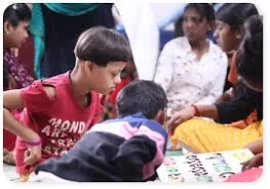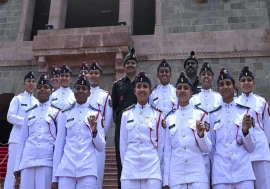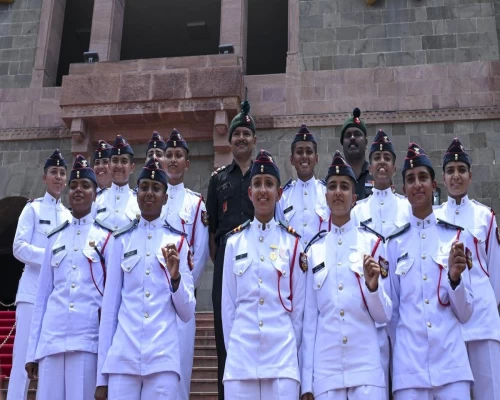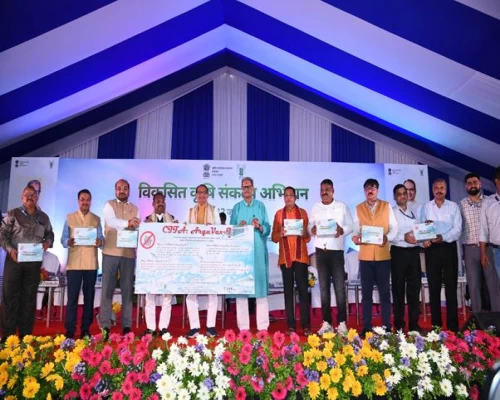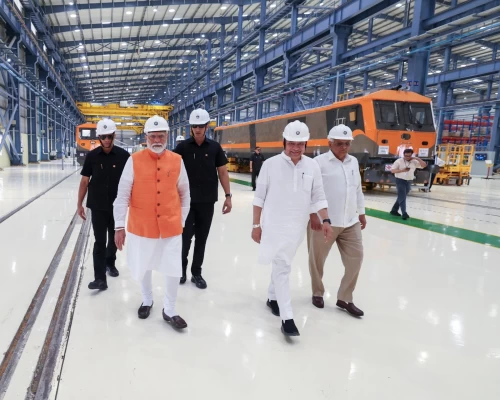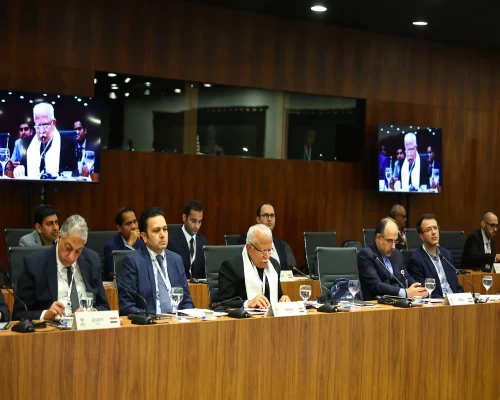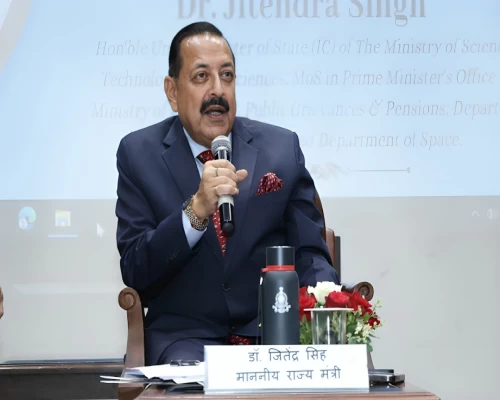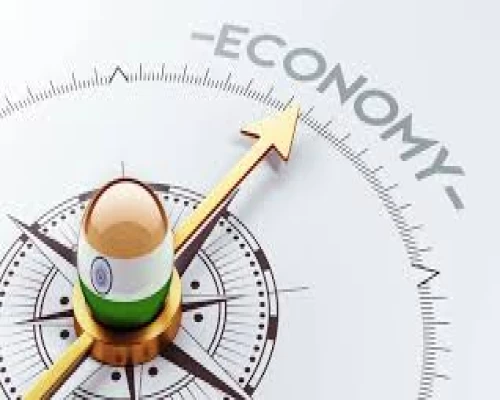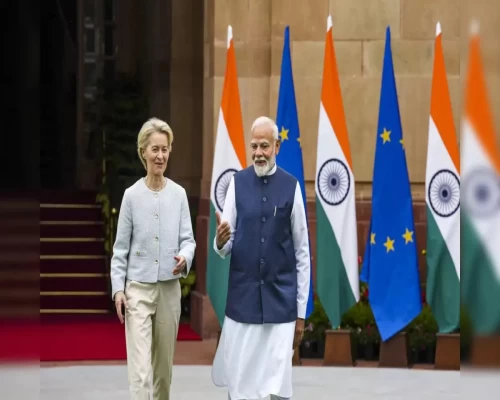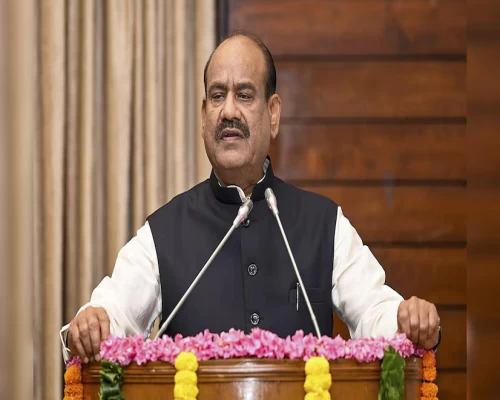
New Delhi: A high-level delegation led by the Secretary of the Ministry of Ayush, Vaidya Rajesh Kotecha, showcased India’s significant contributions to the global advancement of Traditional Medicine (TM) at the 10th International Conference on Traditional and Complementary Medicine (INTRACOM) 2024, held at the National Institutes of Health (NIH), Setial Alam, Selangor, Malaysia. The conference focused on the transformative role of digital technologies in modernising healthcare practices in Traditional and Complementary Medicine (T&CM).
Speaking at the concluding ceremony of the WHO meeting, Ayush Secretary highlighted the successful finalisation of the ICD-11 TM2 module as a milestone in the global documentation of TM practices. He stated, "The ICD-11 TM2 module will revolutionise traditional medicine by enabling standardised documentation of disorders, patterns, and services. This will help measure outcomes, cost-effectiveness, safety, and comparisons with mainstream medicine, driving innovation and enhancing healthcare worldwide."
He added, "India has already initiated national capacity-building efforts for implementing the TM2 module, including training workshops in collaboration with NCISM. We remain committed to supporting WHO in developing Traditional Medicine codes under the International Classification of Health Interventions (ICHI) framework."
The ICD-11 TM2 module includes 529 categories encompassing TM disorders and patterns, enabling data collection and analysis on an unprecedented scale. India played a pivotal role in its development, drawing on its rich traditional medicine systems, Ayurveda, Siddha, and Unani, which have well-established practices and regulations.
The 10th INTRACOM 2024 explored the integration of digital health technologies in TM, aligning with India’s pioneering efforts in this area. The Secretary of the Ministry of Ayush highlighted India’s initiatives, including the development of a National Digital Health Ecosystem under the Ayushman Bharat Digital Mission and the Namaste Portal, which facilitates the seamless integration of TM practices into mainstream healthcare.
India’s active participation in INTRACOM 2024 reflects its leadership in global health and wellbeing. By leveraging digital technologies and fostering international collaboration, the Ministry of Ayush ensures that Traditional Medicine continues to contribute meaningfully to global healthcare challenges.
The conference also provided a platform for discussions on transliteration, translation, and future maintenance of TM2 entities, along with mapping these with national standards like the NAMASTE Portal. This convergence of efforts will pave the way for integrated global healthcare solutions.
As India continues to lead the digitisation of healthcare, the Ministry of Ayush remains committed to driving innovation in Traditional Medicine. Secretary Kotecha concluded, "The successful migration of the TM2 module to the ICD-11 main browser will mark another step forward in integrating Traditional Medicine into the global healthcare framework. Together, we can ensure health for all."
The 10th INTRACOM 2024 reinforced India’s vision of modernising Traditional Medicine through digital innovation, positioning it as a key element in global health and wellbeing.
BI Bureau


